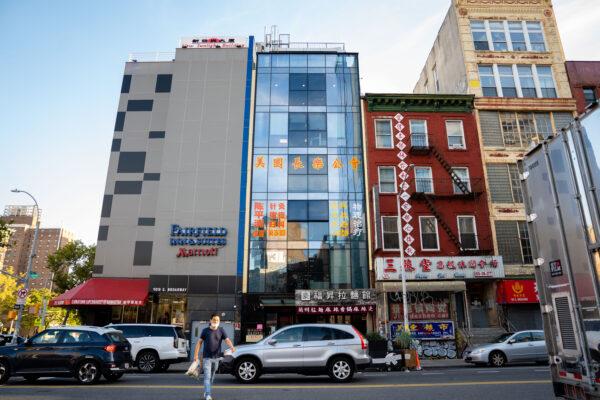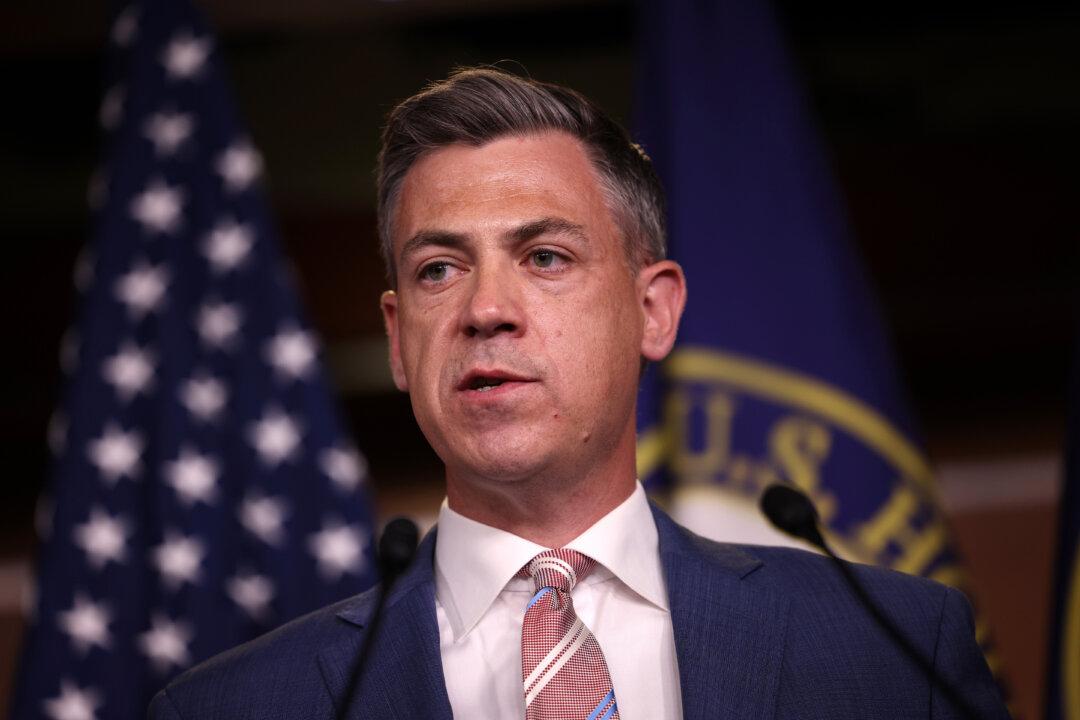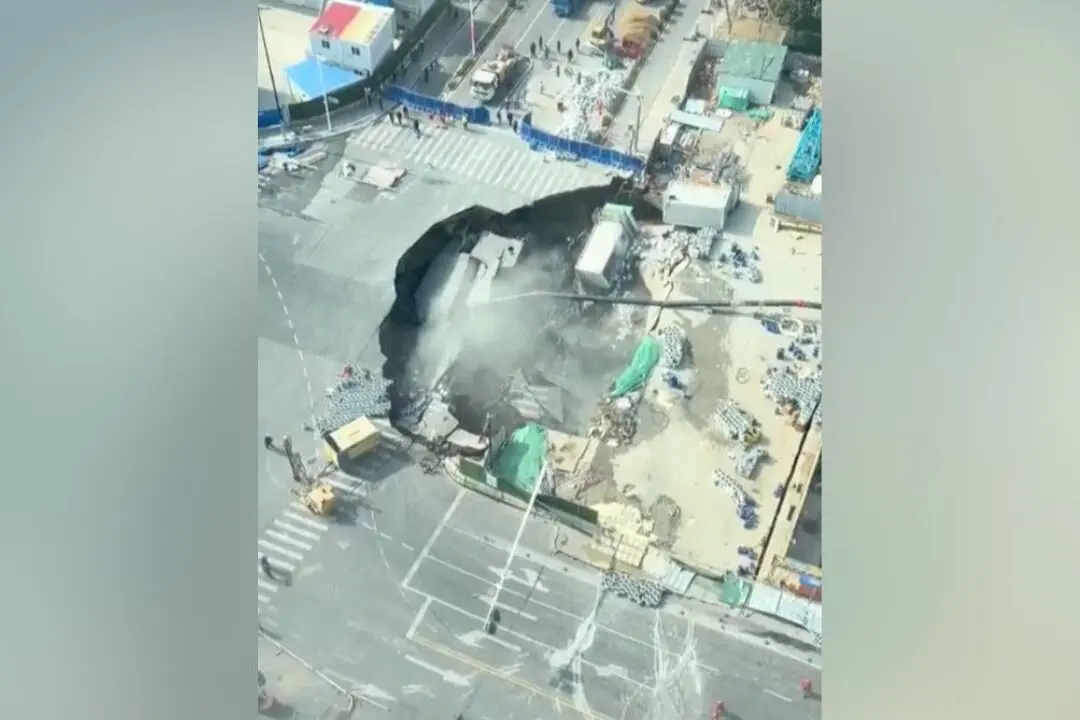A group of U.S. House Republicans on Oct. 7 sent a letter questioning Attorney General Merrick Garland and Secretary of State Antony Blinken over the presence of a Chinese police service station in New York City.
“The Chinese overseas police service station established in New York City earlier this year appears to be a further step of China’s illicit long arm policing on U.S. soil that violates our sovereignty,” Republican Study Committee chairman Rep. Jim Banks (R-Ind.), Reps. Michael Waltz (R-Fla.), Mike Gallagher (R-Wis.), and 18 other GOP House members wrote in the letter.
An outpost in New York City was among the “first batch” of 30 overseas police service stations in 21 countries set up by the Public Security Bureau in Fuzhou city, the capital of the southern coastal province of Fujian.
The Chinese police authorities’ division in New York, called Fuzhou Police Oversea Service Station, is located at 107 East Broadway, inside the headquarters of the American Changle Association, a non-profit that was founded in 1998, according to its website.

Long Arm Policing
The CCP claimed such stations were to help Chinese nationals overseas renew their driver’s licenses. But the NGO warned the stations have “sinister” purposes, such as assisting the CCP in targeting the Chinese diaspora.“They coerce purported Chinese fugitives abroad to return to China to face legal proceedings, which is euphemistically dubbed as ‘persuading to return’ in Chinese parlance,” the GOP lawmakers wrote in the letter.
“By doing so, China avoids scrutiny on its human rights record in relation to repatriating alleged fugitives overseas by eschewing formal international cooperation mechanisms.”
“It is deeply troubling that the Chinese government could use these service stations as its long arm policing abroad,” read the letter.
“China describes Fox Hunt as some kind of international anti-corruption campaign. It is not. Instead, Fox Hunt is a sweeping bid by Xi to target Chinese nationals whom he sees as threats and who live outside China, across the world,” Wray told the Hudson Institute in Washington at that time. “We’re talking about political rivals, dissidents, and critics seeking to expose China’s extensive human rights violations.”
Questions Asked
The lawmakers stated, “there should be no room for the Chinese government to exercise extraterrestrial law enforcement unilaterally on U.S. soil.”- Did the Department of State, Department of Justice, or any other agency of the federal government invite or approve China’s Fuzhou police to establish a presence in New York City?
- Is there any other Chinese law enforcement presence in the United States besides Fuzhou police’s overseas services station in New York City?
- Has the Biden administration rescinded the visa restrictions imposed by the previous administration on Chinese nationals engaged in United Front work activities?
- Has the Department of State issued any visas to Chinese nationals to perform law enforcement or other related government duties at the Fuzhou Police Overseas Service Station in New York City?
- Have the Fuzhou Police Overseas Service Station in New York City and any of its employees registered with the federal government in accordance with Foreign Missions Act and Foreign Agents Registration Act?
- Has the Fuzhou Police Overseas Service Station in New York City engaged in any activities to monitor, harass U.S. residents or has it coerced any purported fugitive to go to China without due process under U.S. law?




